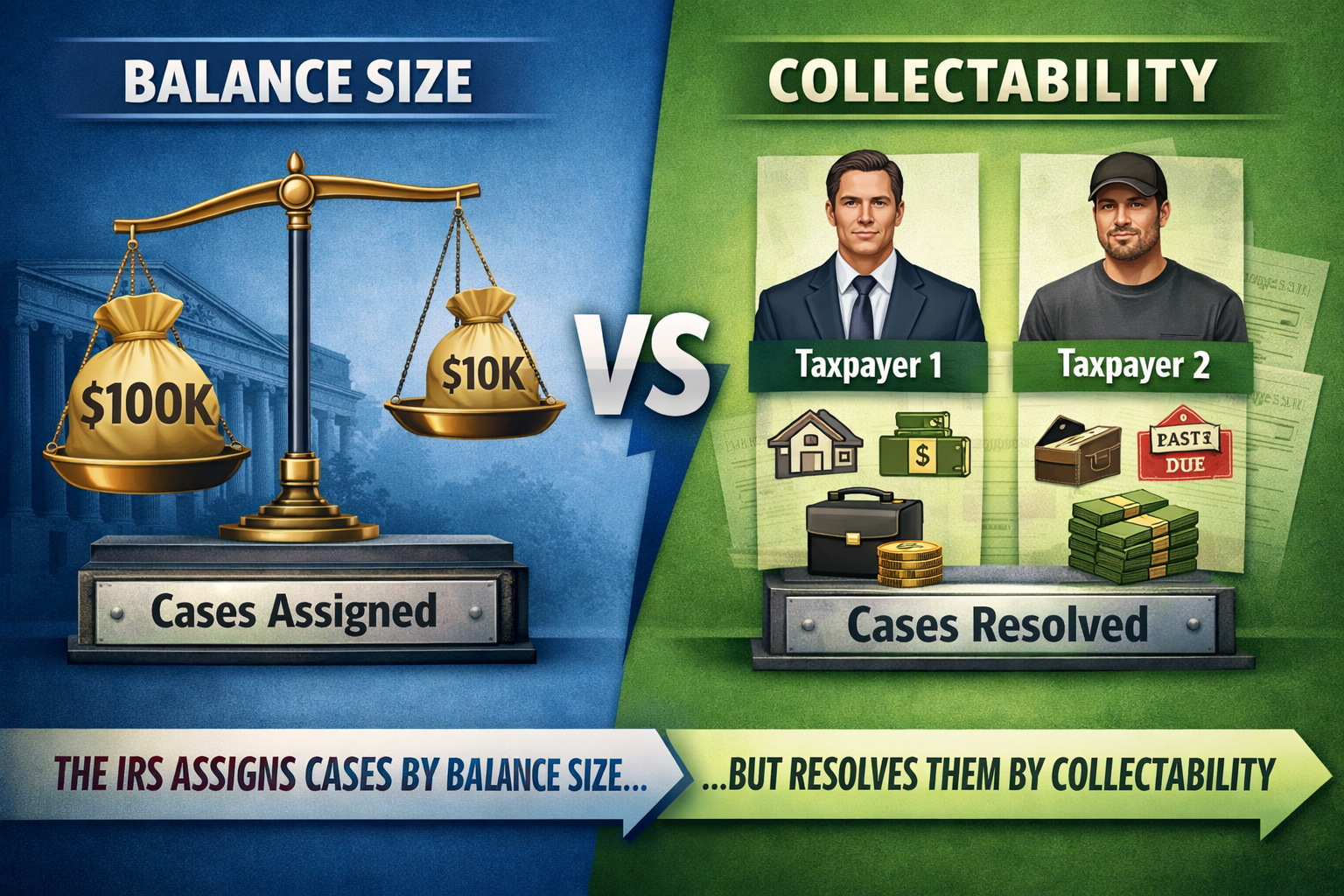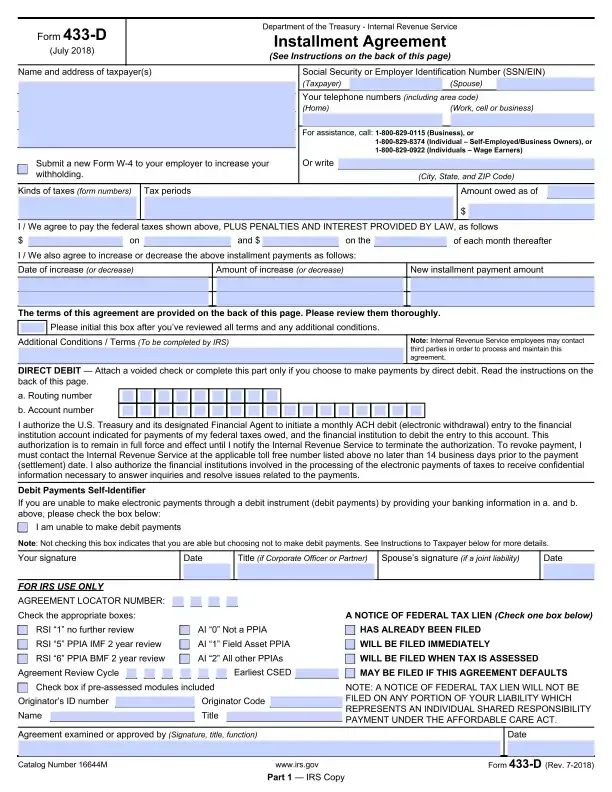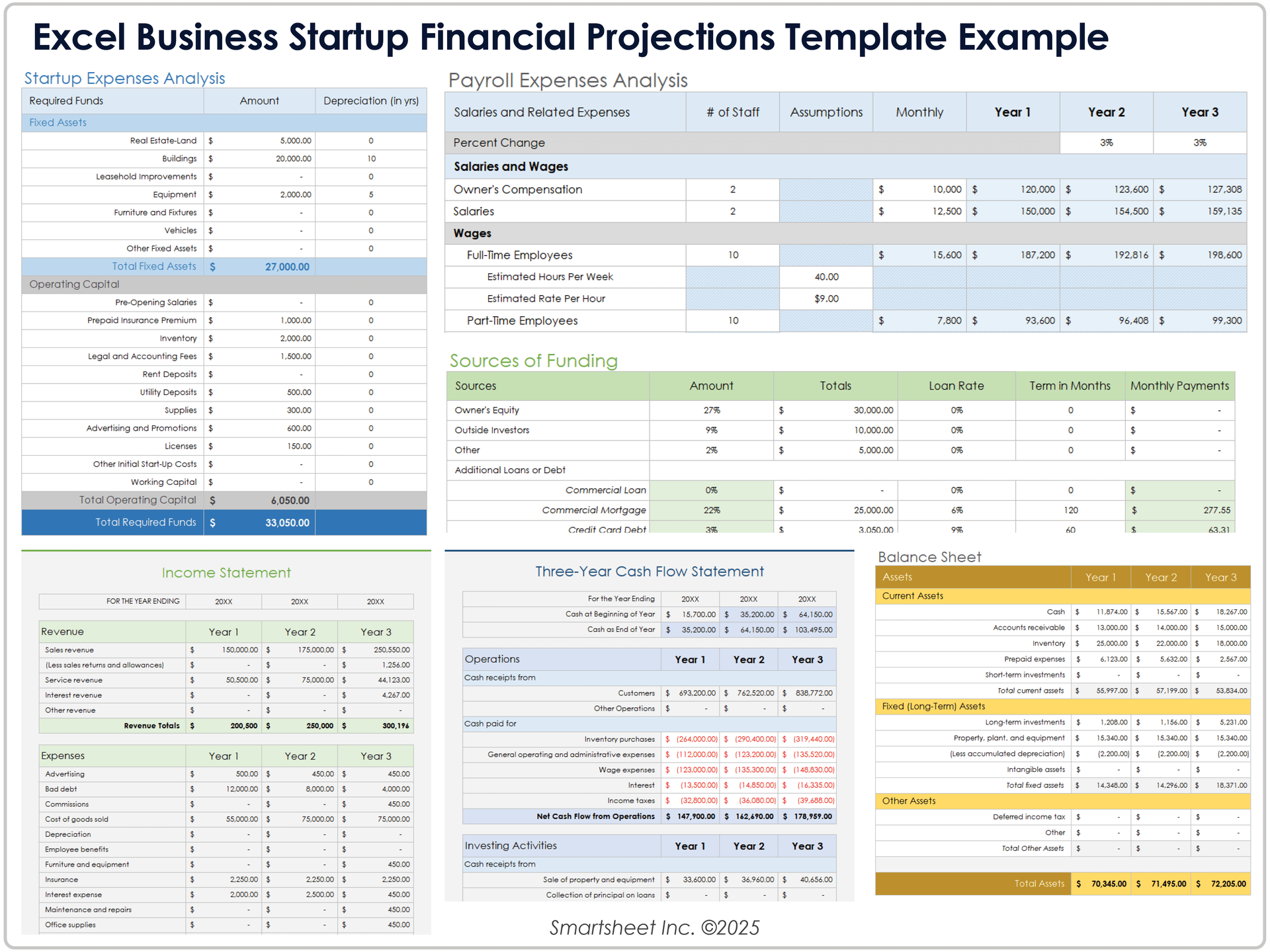Settle Your IRS Debt for Less: Understanding Offer in Compromise
This is a subtitle for your new post

If you’re drowning in IRS debt and can’t see a way to pay it all off, there may be a lifeline: the Offer-in-Compromise (OIC). This program allows you to settle your tax debt for less than the full amount you owe, potentially saving you thousands—if you qualify.
So how does it work?
What Is an Offer in Compromise?
An OIC is a formal agreement between you and the IRS where the IRS agrees to accept less than the full tax debt as full payment. This is based on a thorough analysis of your income, expenses, assets, and ability to pay. The IRS only approves offers when it believes the amount offered is the most it can reasonably expect to collect within a reasonable period.
This isn’t a negotiation or a plea—it’s a financial formula.
Who Qualifies?
Eligibility is based on something the IRS calls Reasonable Collection Potential (RCP). That’s a fancy way of saying: what could the IRS get from you if they pushed hard (without leaving you unable to survive)? If your RCP is less than what you owe, you might have a shot.
To be considered:
- You must be current on all required tax filings.
- You must not be in an open bankruptcy.
- You must submit Form 656 and Form 433-A(OIC) (or 433-B for businesses), with a detailed breakdown of your financial situation.
Types of Offers
- Lump Sum Cash Offer – Pay the offer amount in five or fewer payments within five months of acceptance.
- Periodic Payment Offer – Pay in monthly installments over 6 to 24 months.
Either way, you’ll need to make an initial payment when you submit your offer.
Fees and Exceptions
There’s a $205 application fee, plus your initial payment—but low-income taxpayers may qualify for a fee waiver and no initial payment requirement.
What to Expect
Processing an OIC can take 6 to 12 months or longer. While it’s pending, the IRS generally pauses collection actions, and if your offer is accepted and you follow through, the rest of your debt is wiped clean.
Bottom Line
The Offer in Compromise isn’t easy to get, but for those in genuine financial hardship, it can be a game-changer. It's a process—not a plea for mercy—but if the math is on your side, it’s worth exploring.









